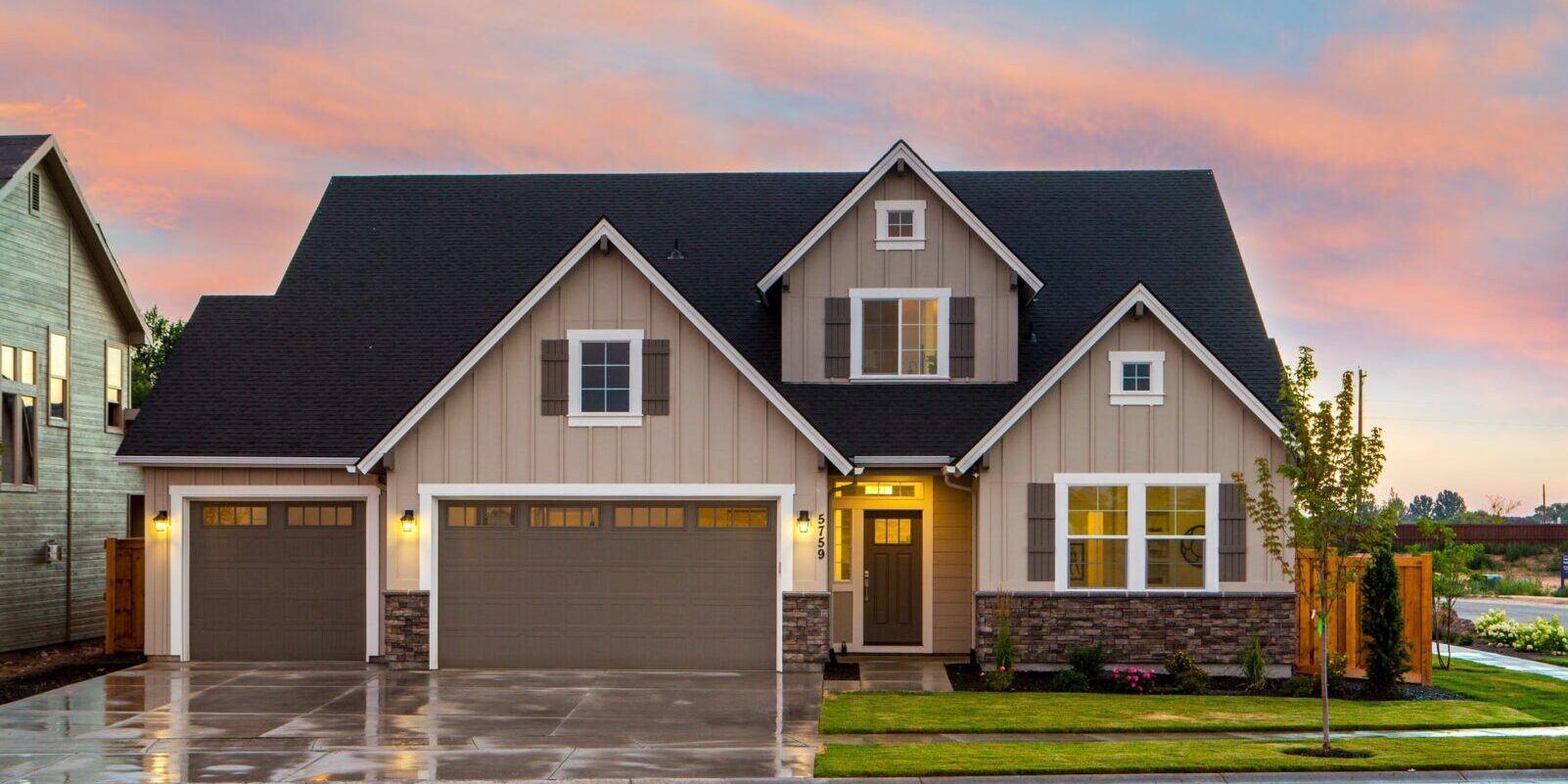Insuring Your Home For The Right Amount
Depending on the age and condition of your home, calculating the insurance value or reconstruction cost, can be a complicated process. This provides you with information to better understand the valuation process.
What is reconstruction cost?
Reconstruction cost, or replacement cost, is the cost to hire a contractor to replace your home as it is, using materials and design of a similar quality. This amount isn’t the same as market value, which is the value that comparable homes are being sold for in your area; your home’s current construction cost could be a much larger amount.
Consider your unique home features.
Every home is different. That’s why there are so many considerations that go into formulating the appropriate amount of coverage for reconstruction cost.
- Custom features. Consider whether the features that make your home special can be repurchased from a local retail store. Or, is a specialized contactor or boutique store order necessary? Think about built-in cabinetry or stereo and media systems, custom window treatments and high-end appliances – all of these may need to be included in your cost to replace.
- Age of the home. Older homes may have unique features that are difficult to replace. For example, custom-sized doors and windows. Also, the cost of plaster wall construction is higher than drywall. If you have a historic home, there are other factors to consider to ensure your home is adequately insured. If your home is listed on a historic registry or located in a historic district, there may be strict code requirements or ordinances that could make even partial losses costly. Talk with your agent about these requirements.
- Site accessibility. The amount of difficulty that a contractor has accessing your property to rebuild your home can influence the cost – new homes are typically built on an empty lot that large machinery can easily access The time and labor to work around landscaping, neighboring properties or restrictions set by the community can increase the cost.
- Time. Many homeowners understandably want to be involved in the process of rebuilding their homes, and taking that into consideration can increase the time it takes to reconstruct. Finding a quality, experienced builder who is qualified to work with your insurance company to fulfill the terms of your claim can also take time.
- Demolition and debris removal. After a loss, a significant amount of cleanup may be required prior to starting the rebuilding process.
- Building codes. A rebuilt home may have to meet building codes that were not in place at the time when your home was first built.
- Economy of scale. Builders can receive discounts on materials and labor when multiple homes are built at once. These savings will not apply to rebuilding costs.
- Natural Disaster effect. When materials and labor are scarce due to economic or weather-related conditions, costs can rise. These expenses also include engineer and contractor fees, labor and foundation.
Remember to update your homeowner insurance as you increase the value. Your agent can work with you to update your coverage. When you see the coverage limits on your homeowners policy, think about everything that goes into making your house a home.








